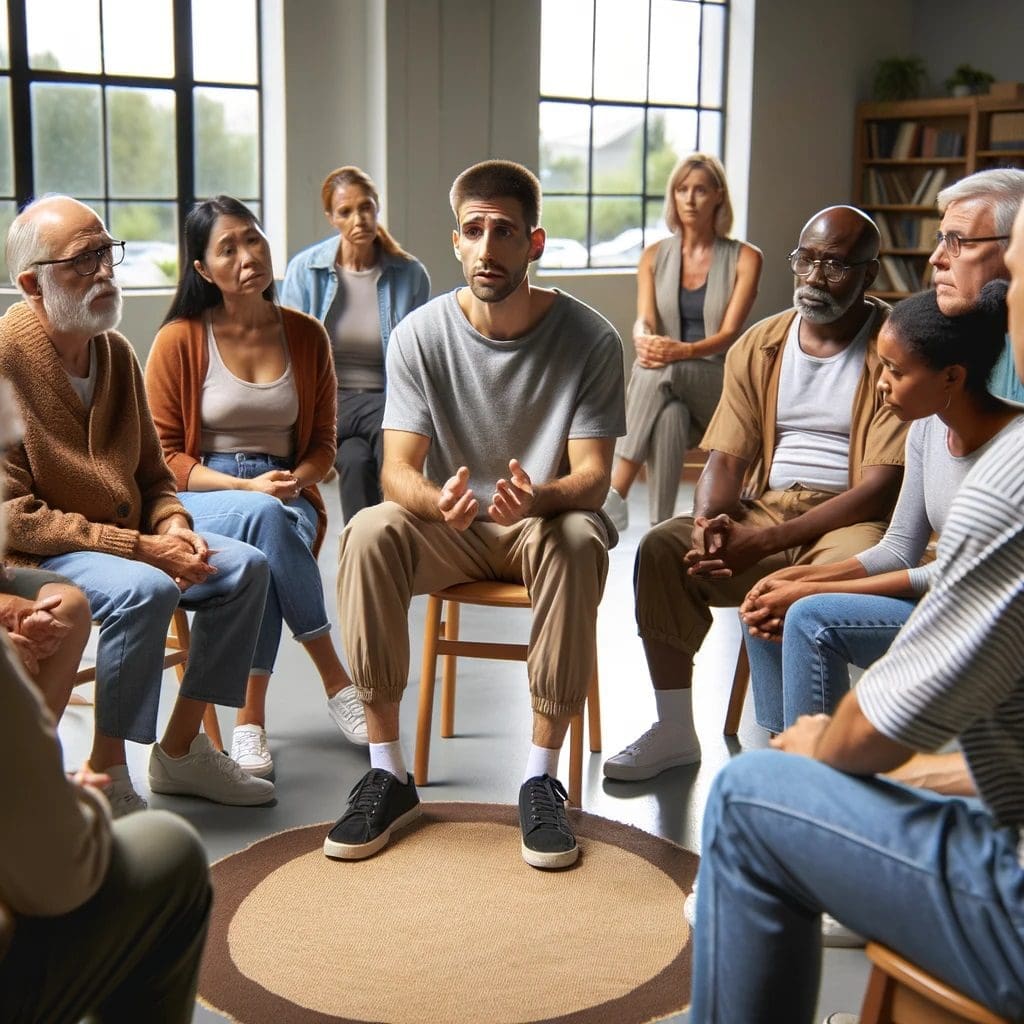Juvenile Court

Juvenile Courts Decoded: Legal Support and Rehabilitation for Minors
Juvenile courts play a pivotal role in the legal system, handling cases involving individuals under the age of 18. These courts focus not just on legal consequences but also on rehabilitation and guidance for minors.
The primary goal of the juvenile court system is to provide a legal framework that addresses the unique needs of minors. This system is founded on the belief that young individuals have the capacity for change and that early interventions can set them on a better path.
One of the key aspects of juvenile courts is their approach to sentencing. Unlike adult courts, juvenile courts emphasize rehabilitation over punishment. This may include counseling, community service, or placement in a juvenile detention center, depending on the severity of the case.
The process in juvenile court typically starts with an intake procedure, where a juvenile court officer evaluates the case to determine if it should proceed to court or be handled through alternative measures. This step is crucial in ensuring that minors receive appropriate guidance and support.
In juvenile court, legal proceedings are generally less formal than in adult courts. The focus is on understanding the circumstances of each case and determining the best course of action for the minor’s welfare.
Parental involvement is another critical element in juvenile court cases. Parents or guardians are encouraged to participate actively in the process, supporting their children through legal and rehabilitative steps.
Juvenile court records are typically sealed to protect the privacy of minors and give them a chance to start afresh without the burden of a public criminal record. This aspect is crucial for their future, especially in terms of education and employment opportunities.
In conclusion, juvenile courts serve as a vital part of the legal system, offering a tailored approach to handling minor-related cases. By focusing on rehabilitation and guidance, these courts play a significant role in shaping the futures of young individuals.
Furthermore, the role of juvenile court judges is instrumental. These judges are specialized in juvenile law and understand the developmental aspects of young offenders. They make decisions that balance legal justice with the welfare and potential of the youth.
In addition, diversion programs in juvenile courts offer alternatives to formal court proceedings. These programs focus on correcting behavior through educational and therapeutic interventions, avoiding the need for more severe legal actions.
Mental health assessments and services are often integrated into juvenile court proceedings, recognizing the impact of mental health on behavior. Addressing these issues is key to providing comprehensive support to minors.
Lastly, the juvenile court system faces challenges such as resource limitations and varying approaches across jurisdictions. Addressing these challenges is crucial for the effective functioning of juvenile courts and the betterment of youth involved in the legal system.
In sum, juvenile courts represent a crucial, specialized area within the legal system, dedicated to addressing the legal issues of minors with a focus on rehabilitation and positive development.






